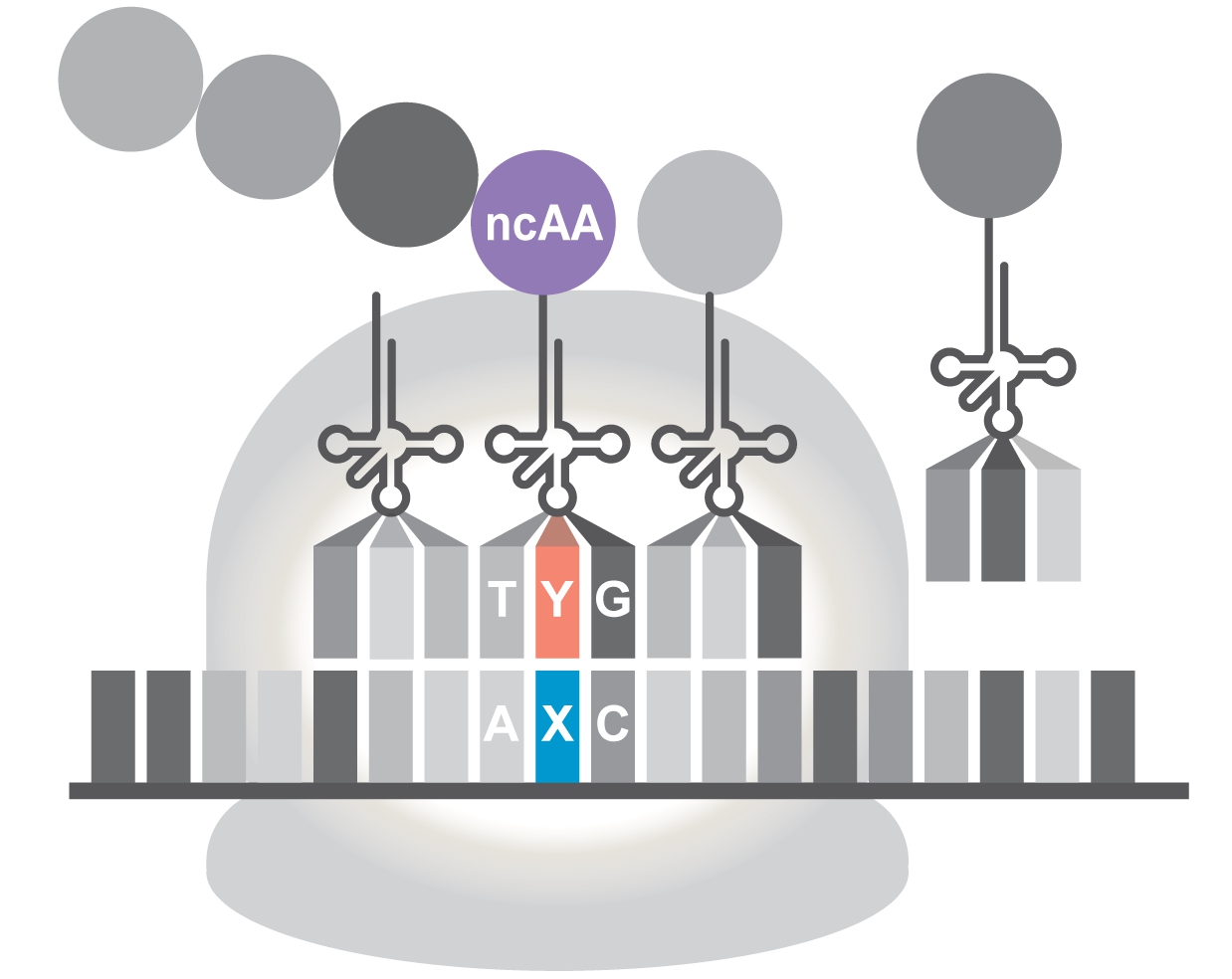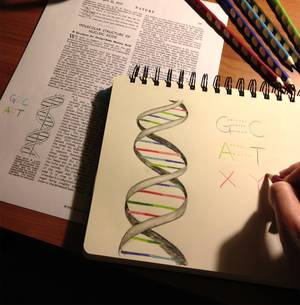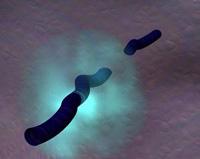Semi-synthetic bacteria are able to produce unnatural proteins
2017/11/29 Etxebeste Aduriz, Egoitz - Elhuyar Zientzia Iturria: Elhuyar aldizkaria

Semi-synthetic bacteria with artificially extended genetic code are able to use this genetic code to produce proteins. These bacteria produce proteins that contain unnatural amino acids. In this way, it can be a mess to create new proteins.This achievement has been announced in the journal Nature.
In 2014, researchers at The Scripps Research Institute managed to disseminate the genetic code of E.coli bacteria by introducing two artificial nucleotides. The result was optimal, the mechanism of bacterial replication worked normally, so the bacteria assumed these artificial nucleotides. But there was no possibility that these nucleotide lights would serve to encode proteins, such as natural DNA. Well, they have now seen that bacteria transcribe these unnatural nucleotides well and create new proteins that contain unnatural amino acids, with the same efficacy as natural nucleotides.
In this way, they have realized one of the dreams of synthetic biology: to create organisms capable of synthesizing non-natural proteins. It can be a new way to create new drugs or new materials, among others.

Gai honi buruzko eduki gehiago
Elhuyarrek garatutako teknologia






